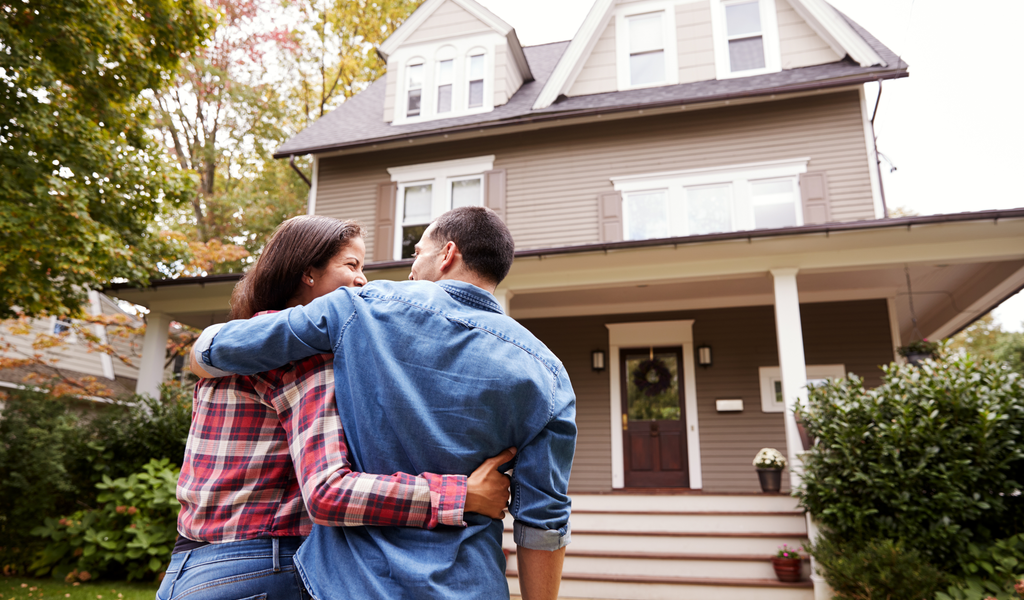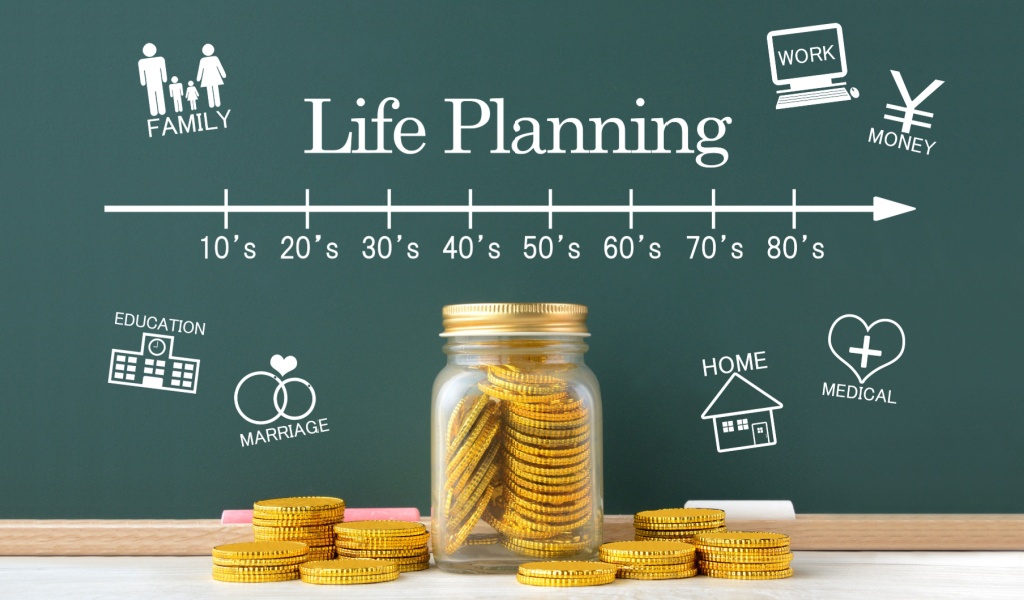With rent costs rising every year, more people are looking into homeownership. As they see it, at least they’ll have a place to call their own at the end of their mortgage. There’s no question that owning a home is a massive life achievement, but if you jump the gun before you are financially ready, it can take a devastating turn of events.
The number you see on the advertisement (read: the mortgage amount) is not all you have to be prepared to pay. The true cost of homeownership involves multiple hidden expenses that go beyond things. Some of them are compulsory, such as property taxes and homeowner’s insurance, and others may arise at any given moment.

The key to keep yourself from being floored by the extra expenses that come with owning a home is to be prepared. The unexpected expenses, such a fixing a broken tile or repairing the roof, can often come with the highest bills. Financial experts suggest setting aside a percentage of your mortgage balance (1-5% depending on the condition, size, and age of your property) for yearly maintenance and repairs.
Mortgage lenders won’t take such hidden costs into consideration when determining the loan amount, but you should. Buying a home is great – just make sure you are prepared!
Here are 10 hidden costs of homeownership that you should be aware of:
Property Taxes
Homeowners are liable to pay property taxes, which is a percentage of the assessed value of your residence that is determined by the township, city, or country in which it is located in.
The effective average national rate is 1.1%, but it differs from state to state, and even by locality. For instance, the average property tax rate is under 0.4% in Alabama, but it can be as high as 2.2% in New Jersey. This can easily come up to $500-$1000 per month. However, as with any tax, there are strategies for lowering the amount payable.
HOA and Condo Fees
If the property you are planning to purchase is located within a homeowners’ association (HOA) or a condominium association, you will likely need to pay a monthly or quarterly fee. This money goes into services that benefit the entire neighborhood, like security or garbage collection. Additionally, you may have to pay an extra charge once in a while for projects such as repaving the parking lot or installing new security systems as well.
Homeowners’ Insurance
Homeowners’ insurance is required by banks and mortgage companies before they issue you a loan, therefore premiums are likely to be added to your mortgage payment. While this may not exactly be a hidden cost, there are several reasons why homeowners end up paying more for their insurance than necessary. For instance, homeowners insurance typically does not cover “acts of God”, so you will either need to pay more to get coverage against natural disasters like floods, hurricanes, and earthquakes, or you will need to pay for them out of your pocket. Unfortunately, this extra insurance can be quite expensive – especially if you live in a flood plain because flood insurance can cost about $700 on average annually!
Roof Repairs
A house without a roof is literally uninhabitable, therefore you must be ready to take care of any repairs or maintenance issues immediately. A leaky roof can cause serious damage to the walls and/or your belongings. This could lead to structural issues of the building or even health issues for those that live there. Roof damage usually occurs when shingles, soffits, and fascia become loose, cracked, blown off, or damaged. For example, you would need to replace a roof with asphalt shingles every 15 years or so.
The Heating, Ventilation and Air Conditioning (HVAC) System
As a homeowner, you will have to get your HVAC system inspected at least once a year. At some point down the line, you will probably also need to replace the existing furnace and air conditioner filters as they wear out. Doing so will ensure that the machines keep running efficiently.
You can look into maintenance companies that offer service contracts. This can help reduce the cost of annual inspections, as well as provide other benefits like lower prices on parts and lower emergency visit bills.

The Electrical System
Any homeowner should have a basic understanding of how the electrical system works. Not only does this help reduce costs, but it can also help avoid serious damage to be able to identify when it’s time to call the professionals.
Faulty wiring, arc faults, and electrical shorts can be serious enough to cause fires that burn down homes, so do not take it lightly! You will need to call up trusted, licensed electricians to help properly assess any damage and make sure everything is safe.
Plumbing
Small plumbing issues are likely to occur no matter where you live and you can often fix them yourself with basic plumbing knowledge. But older homes may come with larger issues such as mineral deposits clogging up pipes. In such an instance, the only solution is to replace the pipes in your home.
The issue could also be due to the municipal system, in case the water that flows through your pipes is contaminated with lead, so be sure to check on that.
Termites
Termites can get into your house through even the tiniest cracks, and they can turn your home to dust is not very much time. Termites are attracted to wood and moisture, and they can cause expensive damages. So, make sure there is no wood touching the ground near your house (lumber, firewood, tree stumps), and that the ground around your house slopes away so that moisture doesn’t collect around the foundation. You should also regularly hire an exterminator to perform pest inspections.
Mold
Mold can grow in damp or humid areas and is not always visible as it can be hidden behind wallpaper, under carpets, or in several other places. Mold can cause health problems that range from allergic reactions, itching, or even asthma attacks. In very humid conditions, an air conditioner or dehumidifier can also help prevent mold growth.
Your HVAC system is an ideal place for mold to grow because it is often both damp and humid. Since the HVAC controls cooling, heat, and air circulation to your home, mold can easily spread through the air. One way to prevent this from happening is to keep water out and fix any leaks quickly. This can only be done by a professional as the average layperson isn’t knowledgeable enough to repair or replace an HVAC system.
Landscaping and Lawn Care
You will need to spend a good amount of money to take care of your lawn, whether you prefer to do it yourself or hire a professional. Lawn-care equipment can be quite costly, and you may need additional tools like a snow blower or leaf blower depending on how big your property is.
The purpose of lawn care isn’t just to make your home look nice, but also to keep it safe. Hanging tree limbs can fall and damage windows and roof. Overgrown plants and dead leaves can clog drains – which ends up affecting everything from drainage and plumbing to your outdoor HVAC unit. This is the reason many HOAs require members to maintain the grounds of their homes.



